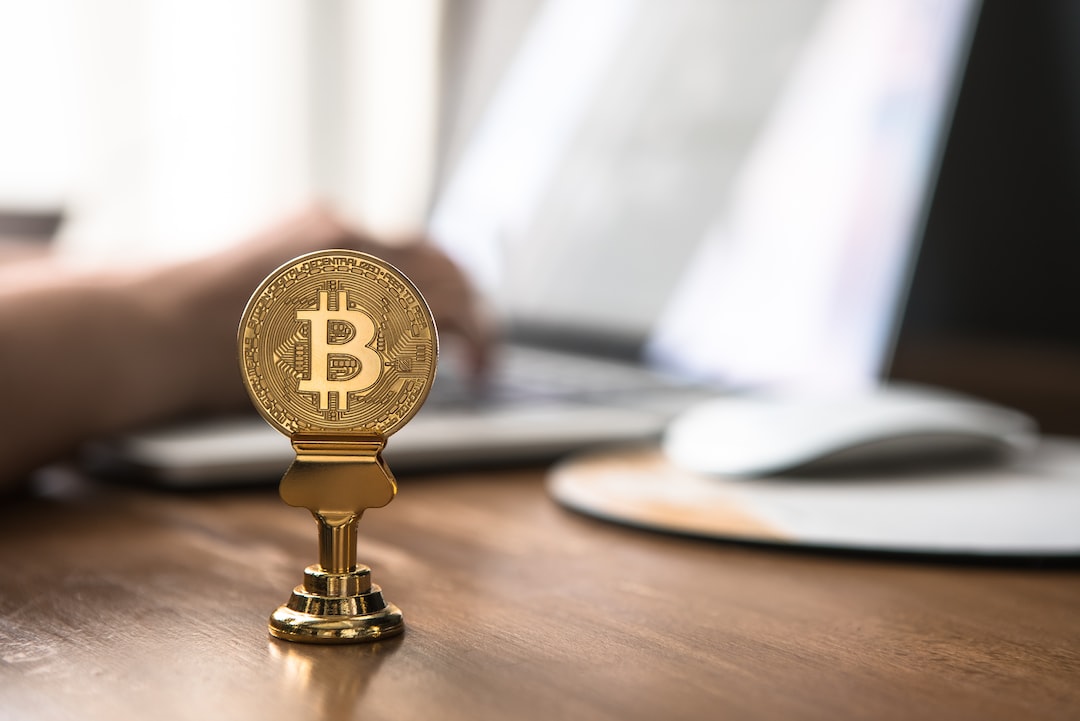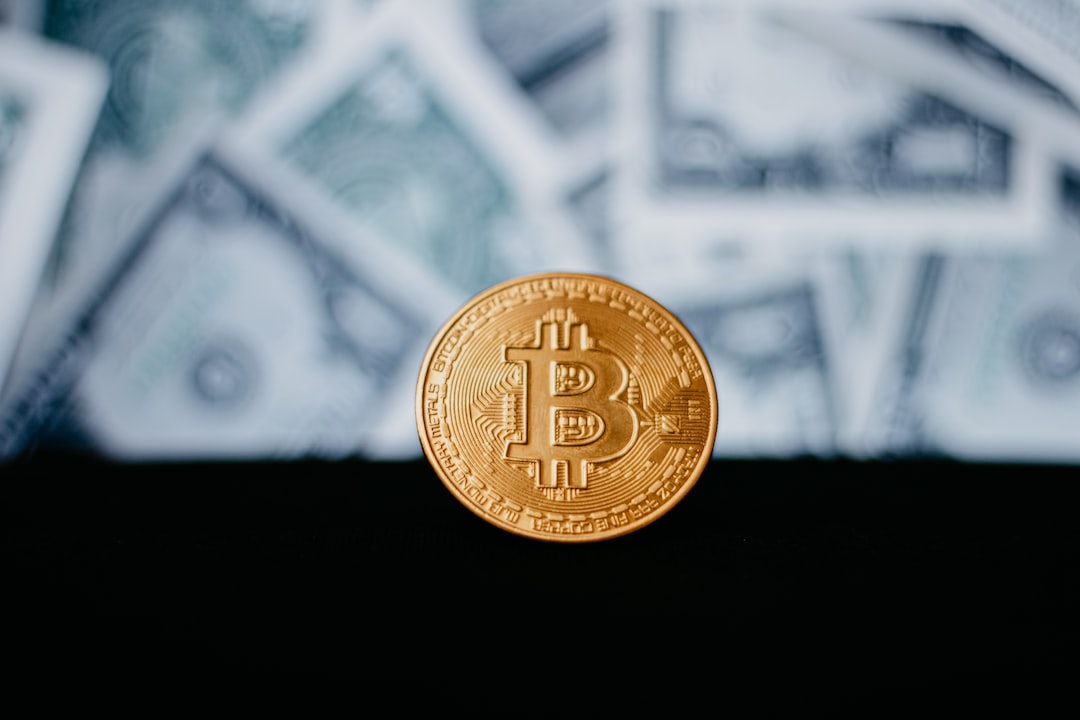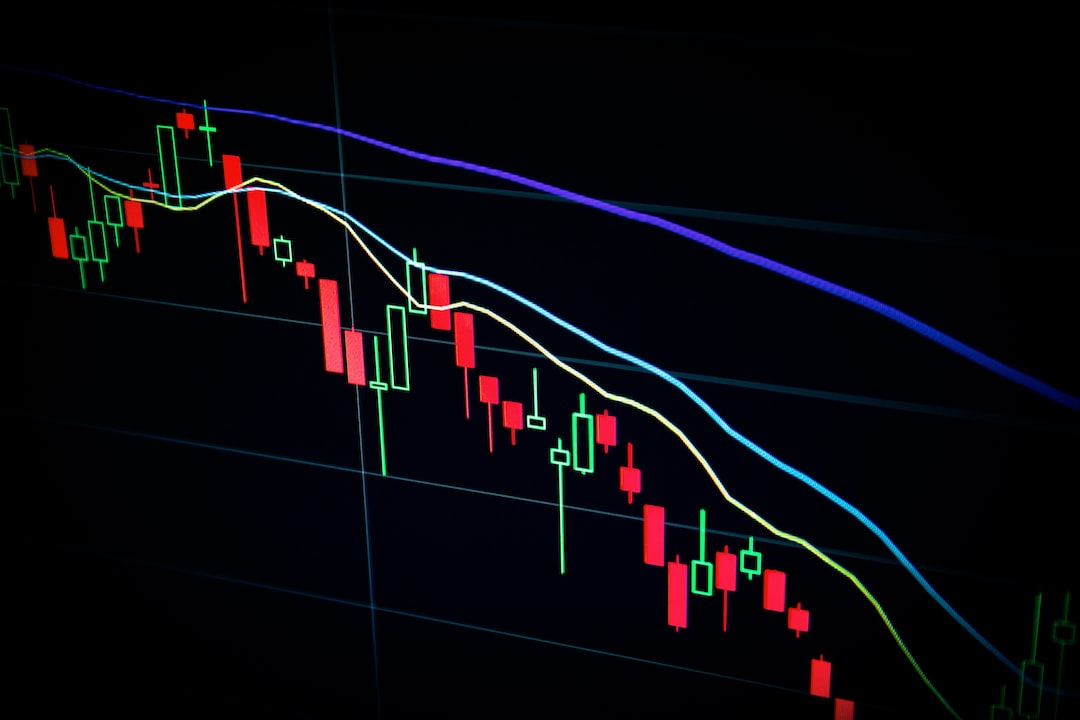Uniswap Founder Burns 99% of HayCoin Supply, Calling Valuation Absurd
The founder of Uniswap, Hayden Adams, has burned 99% of the HayCoin (HAY) supply due to its absurd valuation and the fact that people were treating it like a meme coin. Adams had initially launched HayCoin five years ago for testing purposes before the release of Uniswap V1. He only used a small fraction of the token’s supply for a liquidity pool, leaving over 99.9% in his wallet.
Surprise at High Trading Volume
Adams expressed surprise at the recent high trading volumes of HayCoin and how it was being treated as a meme coin. Feeling uncomfortable owning almost all of the supply, he decided to burn the entire amount in his wallet, which was valued at a staggering $650 billion.
Impact on Price
HayCoin is currently trading in the six-figure range, with a recent all-time high on October 22. However, it has seen a 24% decrease in the past 24 hours. Token burns typically have an inflationary effect on price due to the significant reduction in supply.
Crypto Twitter Reacts
Crypto Twitter users have responded to the HayCoin token burn by accusing Adams of selling a portion of the tokens and making a significant profit before burning the rest. However, Adams denied these claims and stated that he did not sell any before the burn.
Potential Taxation and Charitable Donations
Some users have raised concerns about potential taxation related to the token burn. Others have suggested that Adams could have sold the tokens for profit and donated the gains to charity.
Hot Take: Uniswap Founder Burns HayCoin Supply Due to Absurd Valuation
Uniswap founder Hayden Adams has taken drastic action by burning 99% of the HayCoin supply. He was surprised to see people treating the token like a meme coin and felt uncomfortable owning such a large portion of the supply. This move is expected to have an inflationary effect on the price of HayCoin. While some in the crypto community have accused Adams of selling tokens for profit, he denies these claims. The token burn has raised questions about potential taxation and suggestions that Adams could have donated the gains to charity.





 By
By
 By
By
 By
By
 By
By

 By
By